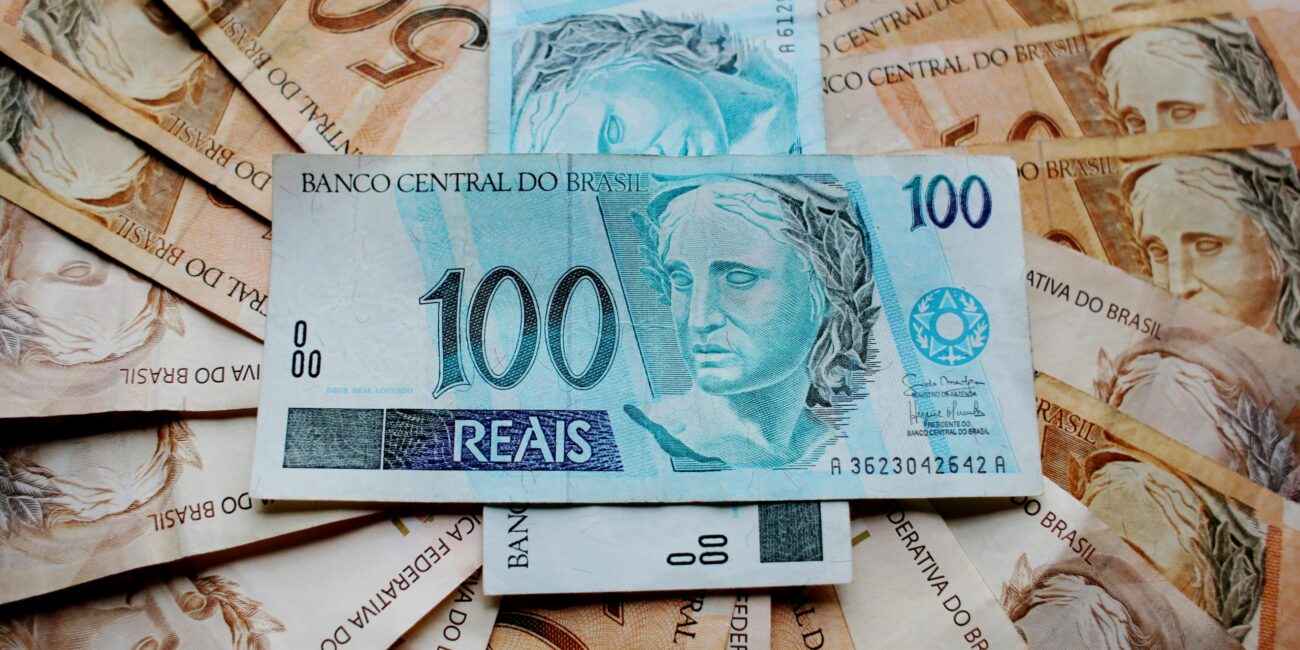Local legal expert Udo Seckelmann believes gambling tax revenue will increase once regulatory hurdles are overcome, unless the tax rate is permanently raised.
In the first six months of regulated betting in Brazil, the market raised BRL3.8 billion ($687.5 million) in tax, according to data from the Federal Revenue Service (RFB)
On 24 July, the RFB released its monthly presentation detailing the total monthly tax collection of President Luiz Inácio Lula da Silva’s Brazilian government.
In comparison, the UK, a much more mature market, generated £1.62 billion ($2.2 billion) in gambling taxes in the six months between 1 April and 30 September 2022.
Collections from the Brazilian gambling sector in June stood at BRL764 million, falling 6.1% short of May’s figure of BRL814 million.
Udo Seckelmann, head of gambling & crypto at Brazilian law firm Bichara e Motta Advogados, believes the figures reaffirm the market’s strong potential for generating significant public revenue.
“I am not surprised by the tax collection figures,” Seckelmann tells iGB.
“While the market is still in its initial phase of consolidation, the data already demonstrates that regulation is a more effective path than prohibition or informality, both from an economic and public policy perspective.”
A key point made by gambling advocates ahead of online regulation was how much tax the Brazilian government could collect from the sector.
Seckelmann feels tax revenues will increase as the market grows. He notes the first six months of the market are focused on laying a solid legal and technical foundation, rather than full optimisation of tax collection.
“Given that the regulatory framework is still being implemented and many operators are in the process of adapting or applying for licences, I believe the government understands that tax revenues will increase progressively over time,” Seckelmann continues.
Overly restrictive measures could harm Brazil tax collection
Despite the promising early figures, there could be challenges down the line for the Brazilian gambling sector, with the Senate approving new ad restrictions in late May. A provisional measure to raise the tax rate on operators’ GGR to 18% was also issued.
These developments have raised concerns among stakeholders, including fears over the long-term viability of regulated activities, particularly for smaller operators.
Seckelmann warns new regulations must be carefully balanced, or they’ll risk disrupting the market’s ability to reach its huge potential.
“If well-calibrated, these measures can strengthen the credibility and sustainability of the regulated sector,” Seckelmann explains.
“However, excessive burdens or disproportionate restrictions could push consumers and operators back toward unregulated alternatives, ultimately reducing tax revenues.
“The goal should always be high channelisation – keeping players within the regulated environment – and that requires a competitive and attractive legal market.”
While he believes fluctuation is natural during the early months of a regulated market, Seckelmann says a new, increased tax rate could cause a drop in tax revenue as operators adjust their strategies.
When will land-based gambling be legalised?
The RFB’s figures only cover online gambling, as the legalisation of land-based betting is still in limbo after the Senate again postponed its vote on PL 2,234/2022 earlier this month.
The vote had been expected to take place prior to the July recess, but Senate President Davi Alcolumbre withdrew the vote from the agenda due to low attendance in the plenary.
The government’s recess is set to end on Thursday, so it remains to be seen if the momentum again builds for a vote.
If legalisation does happen, though, Brazil’s government will likely benefit hugely from a tax perspective beyond the existing online revenue.
A DataSenado survey in April reported 60% of the Brazilian adult population was in favour of legalising land-based betting, with 58% agreeing it would increase tax collection.
It has previously been estimated that the approval of land-based gambling could provide around BRL20 billion in revenue per year, with massive benefits to Brazil’s faltering tourism sector.
More Information & Source
Original Source:
Visit Original Website
Read Full News:
Click Here to Read More
Have questions or feedback?
Contact Us


